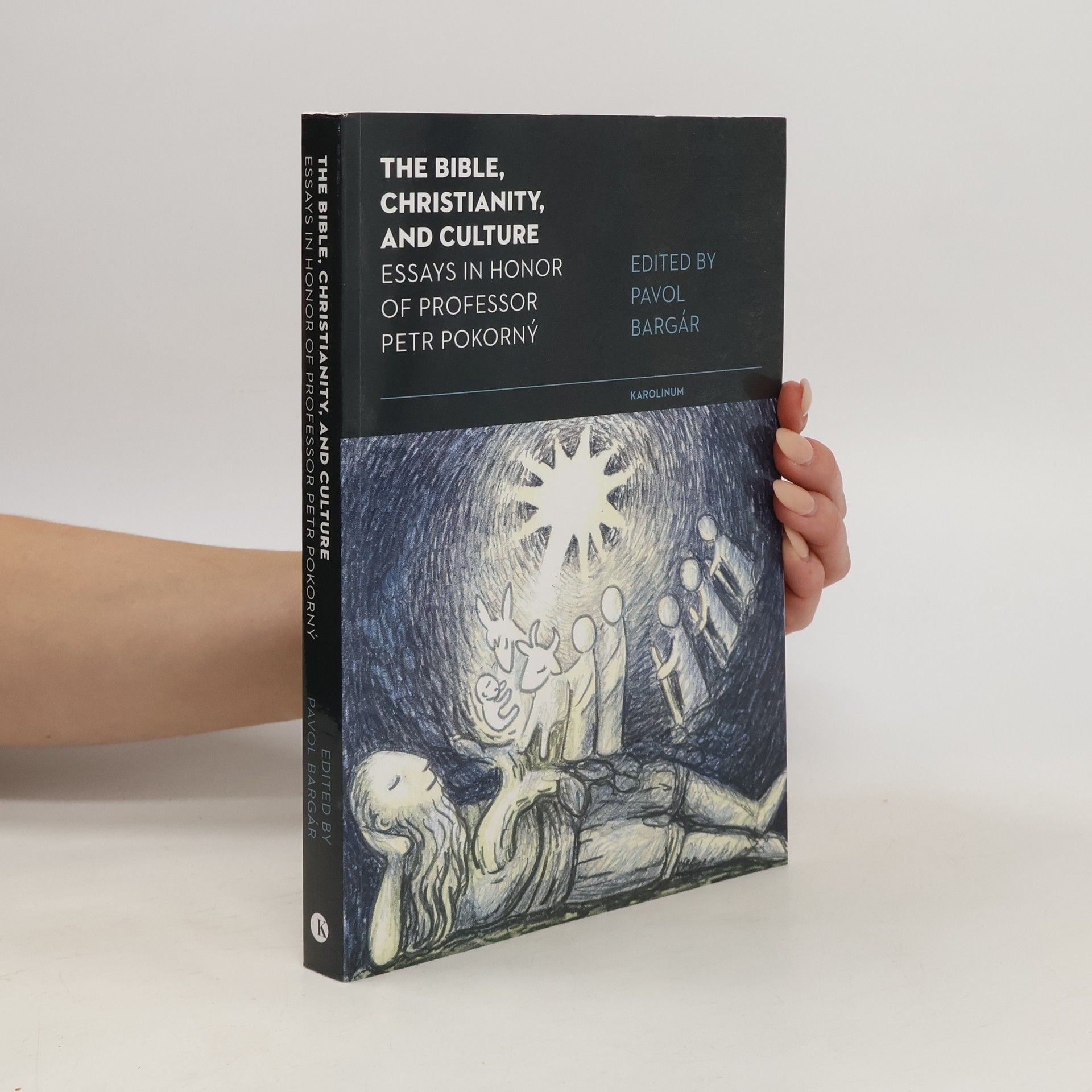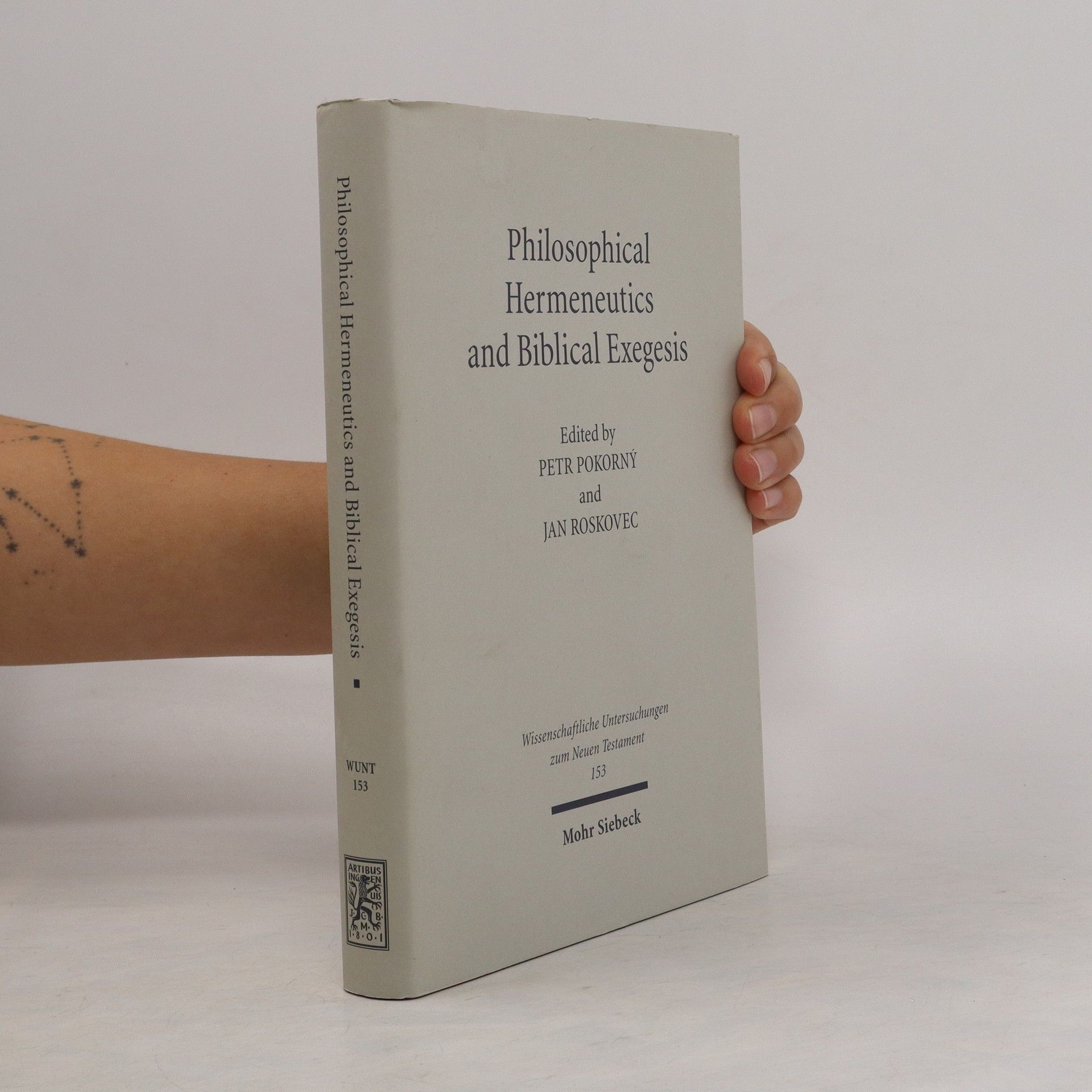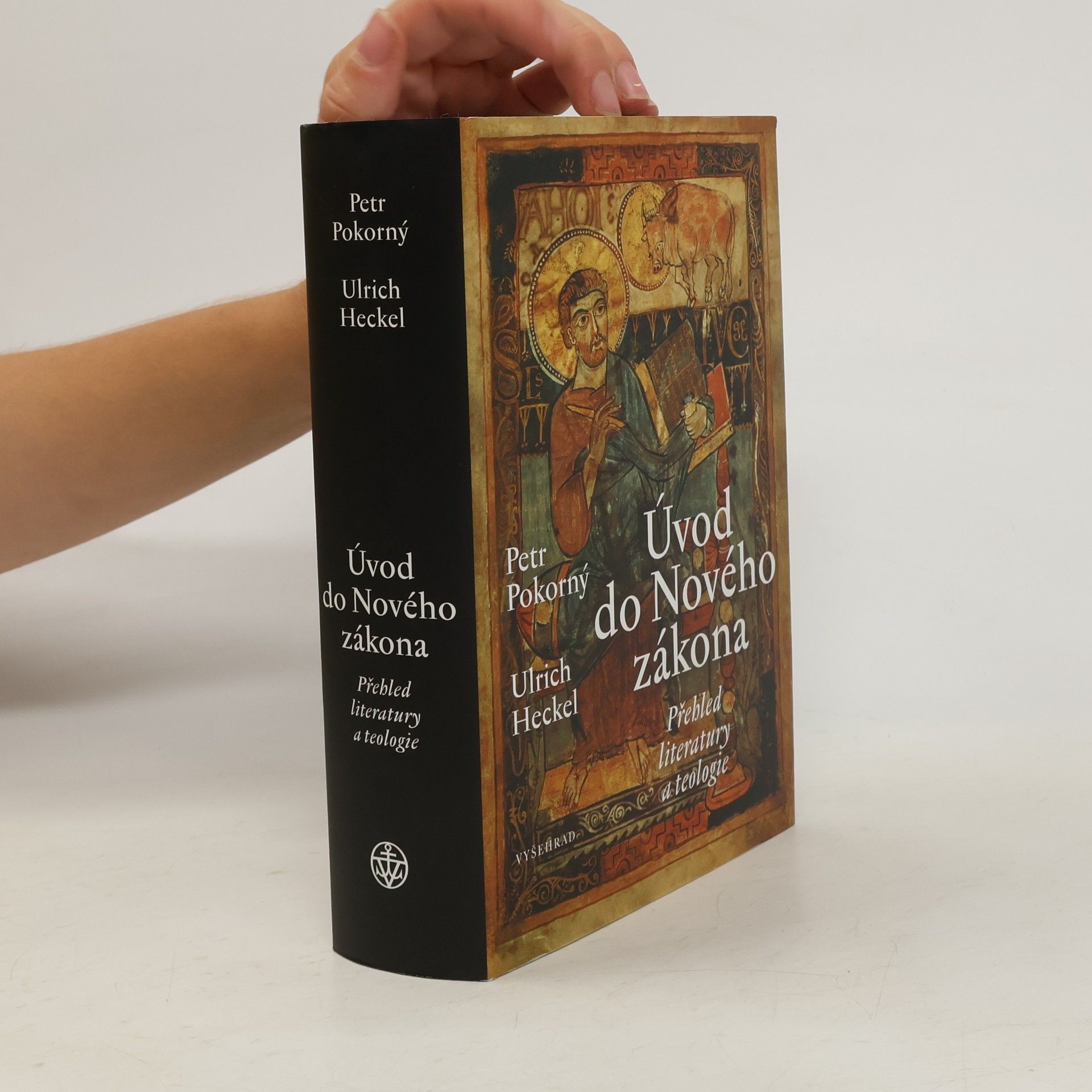Philosophical hermeneutics and biblical exegesis
- 392 pages
- 14 hours of reading
The authors of these English and German essays focus on the analysis of the hermeneutical process, which is what occurs when texts are interpreted successfully. They are based on talks given at a symposium on 'Philosophical Hermeneutics' held at the Center for Biblical Studies in Prague in November 2001. In addition to an introductory essay by Paul Ricoeur about the basic problems of philosophical hermeneutics, the volume contains contributions from prominent researchers from all religious denominations on the subjects of philosophical hermeneutics, exegesis, and theology.









